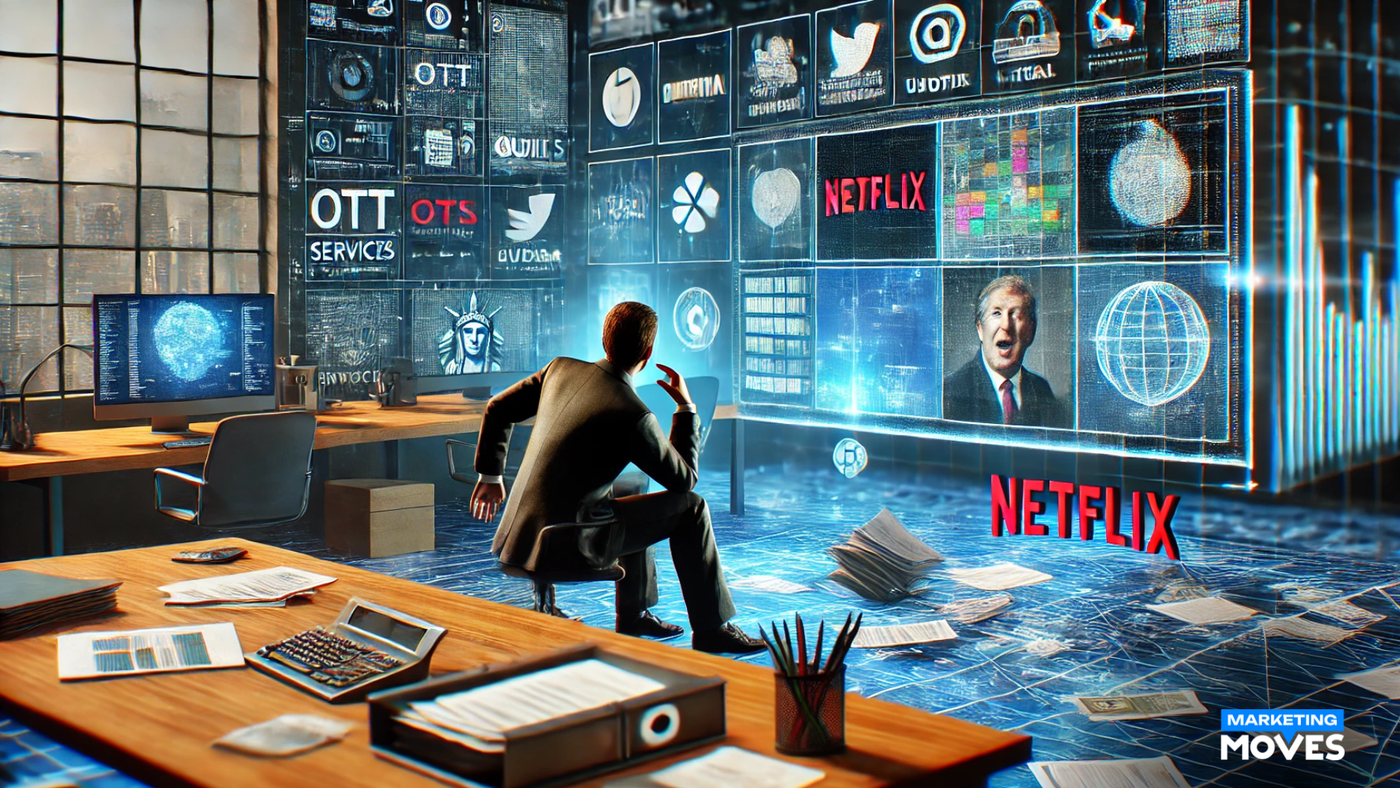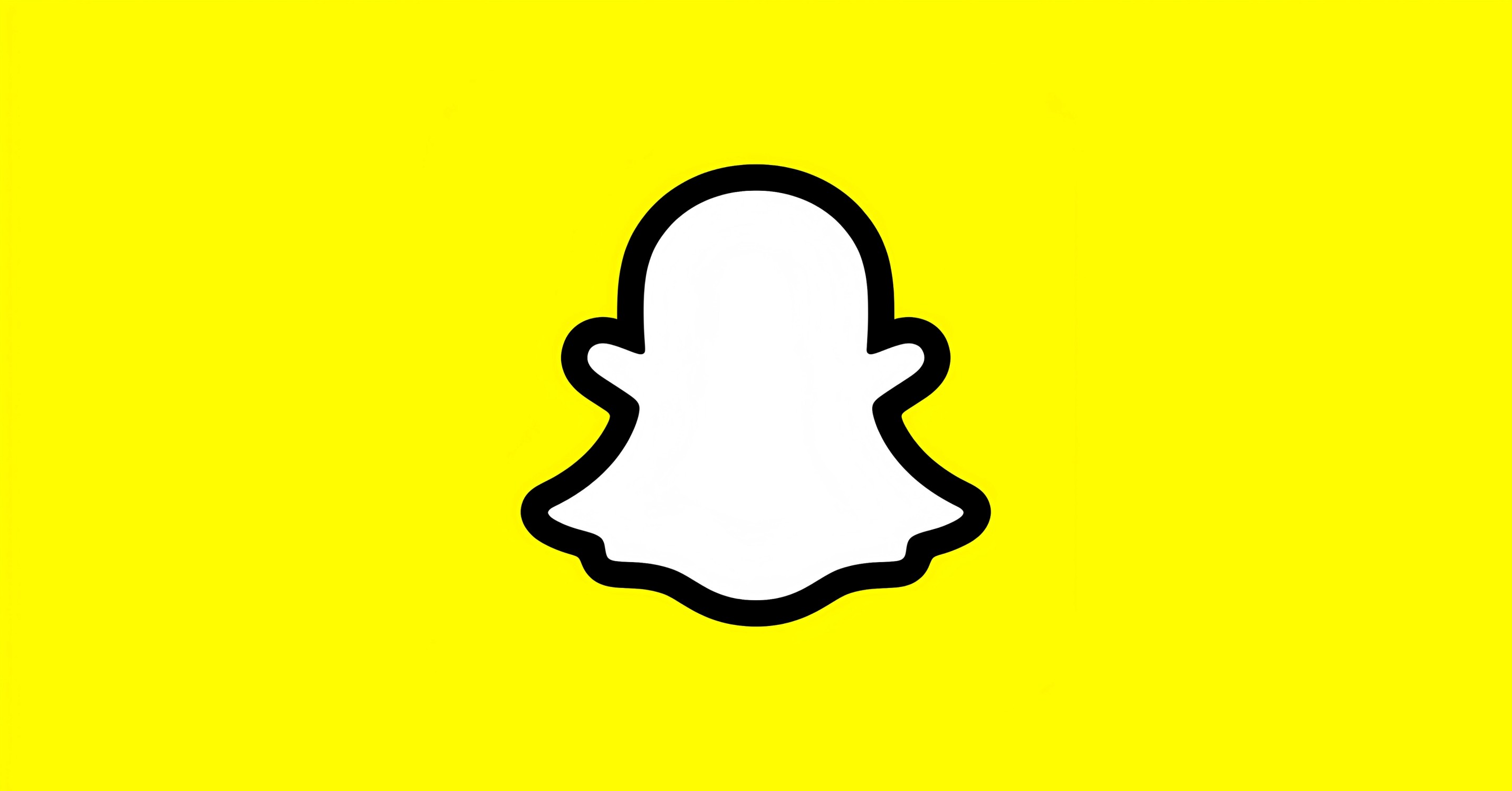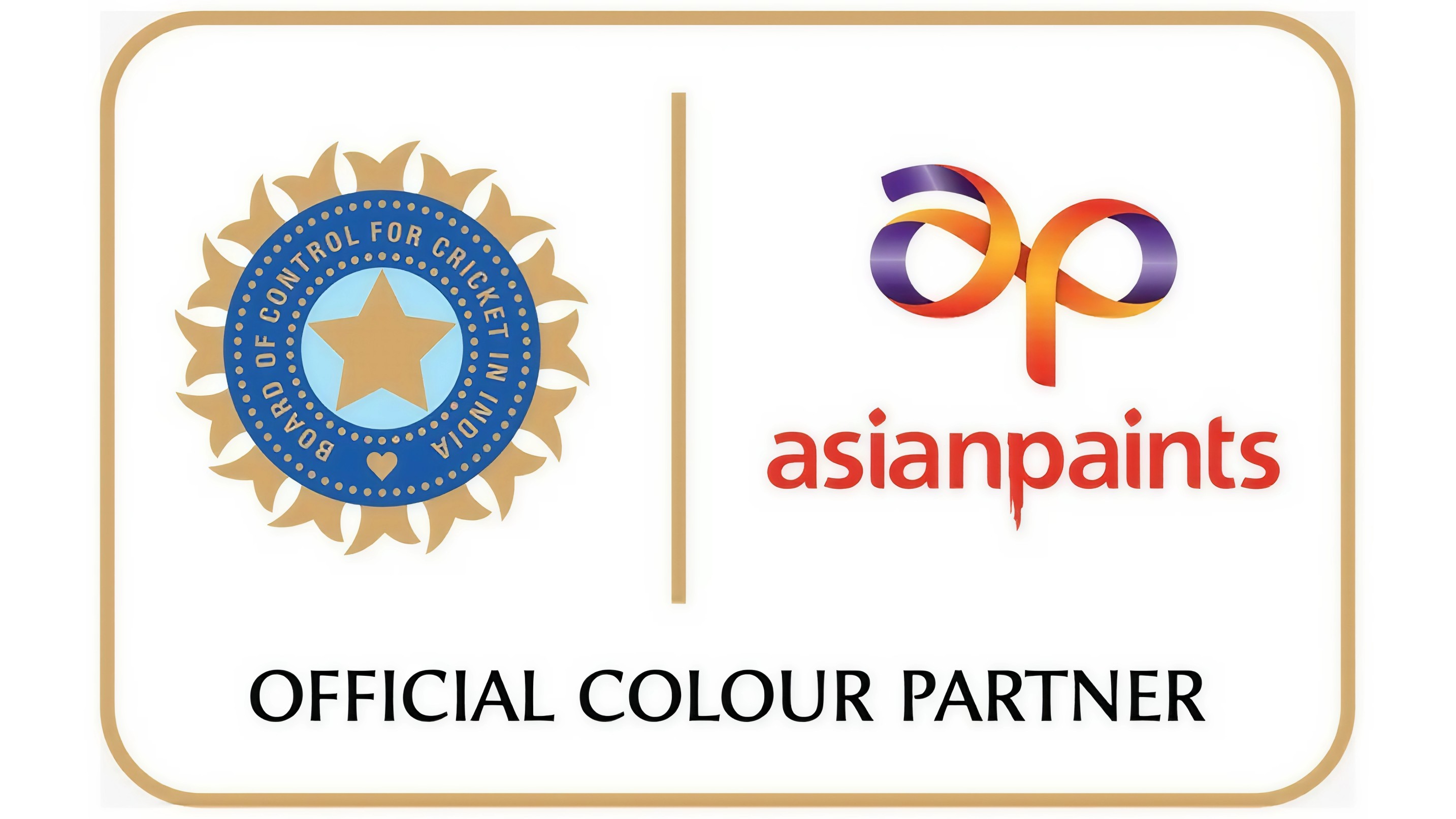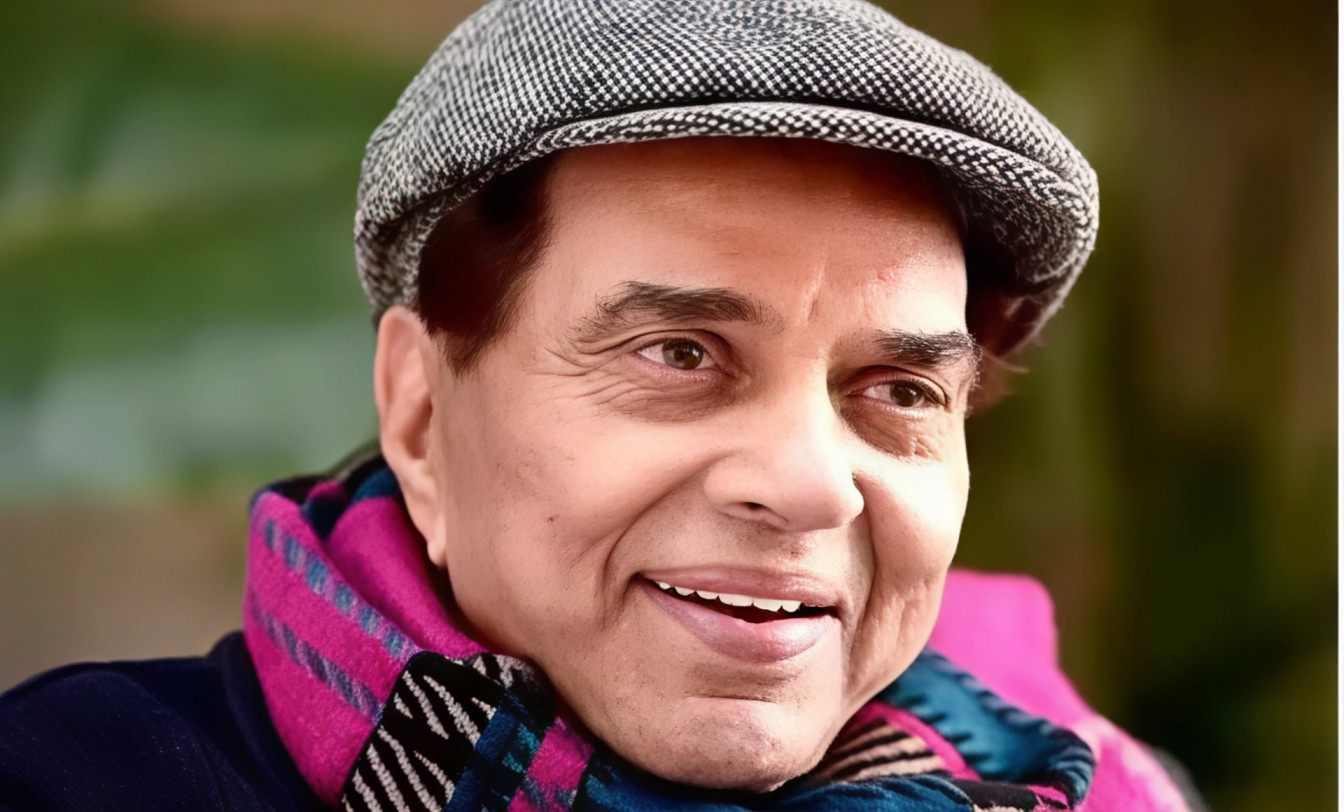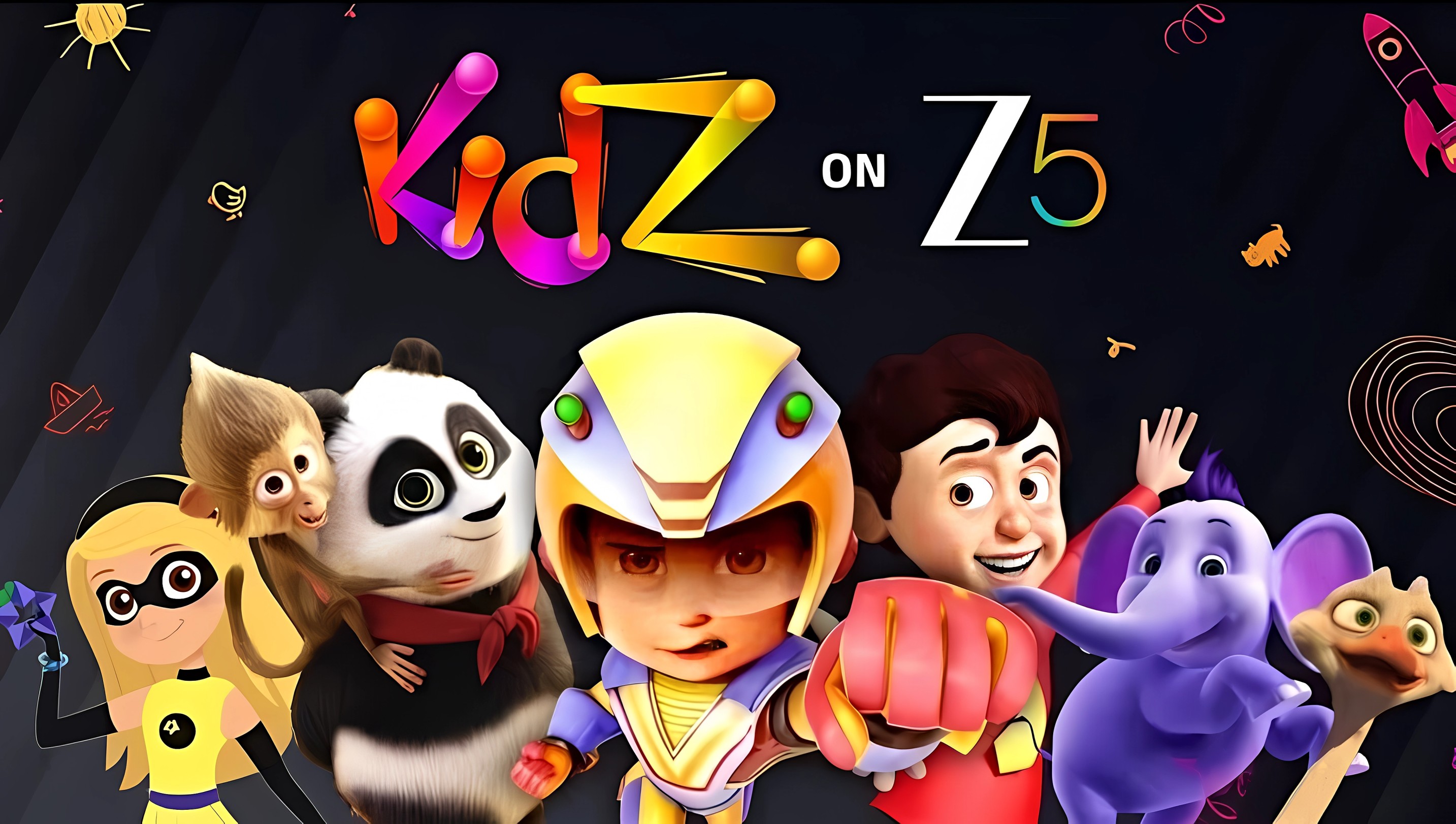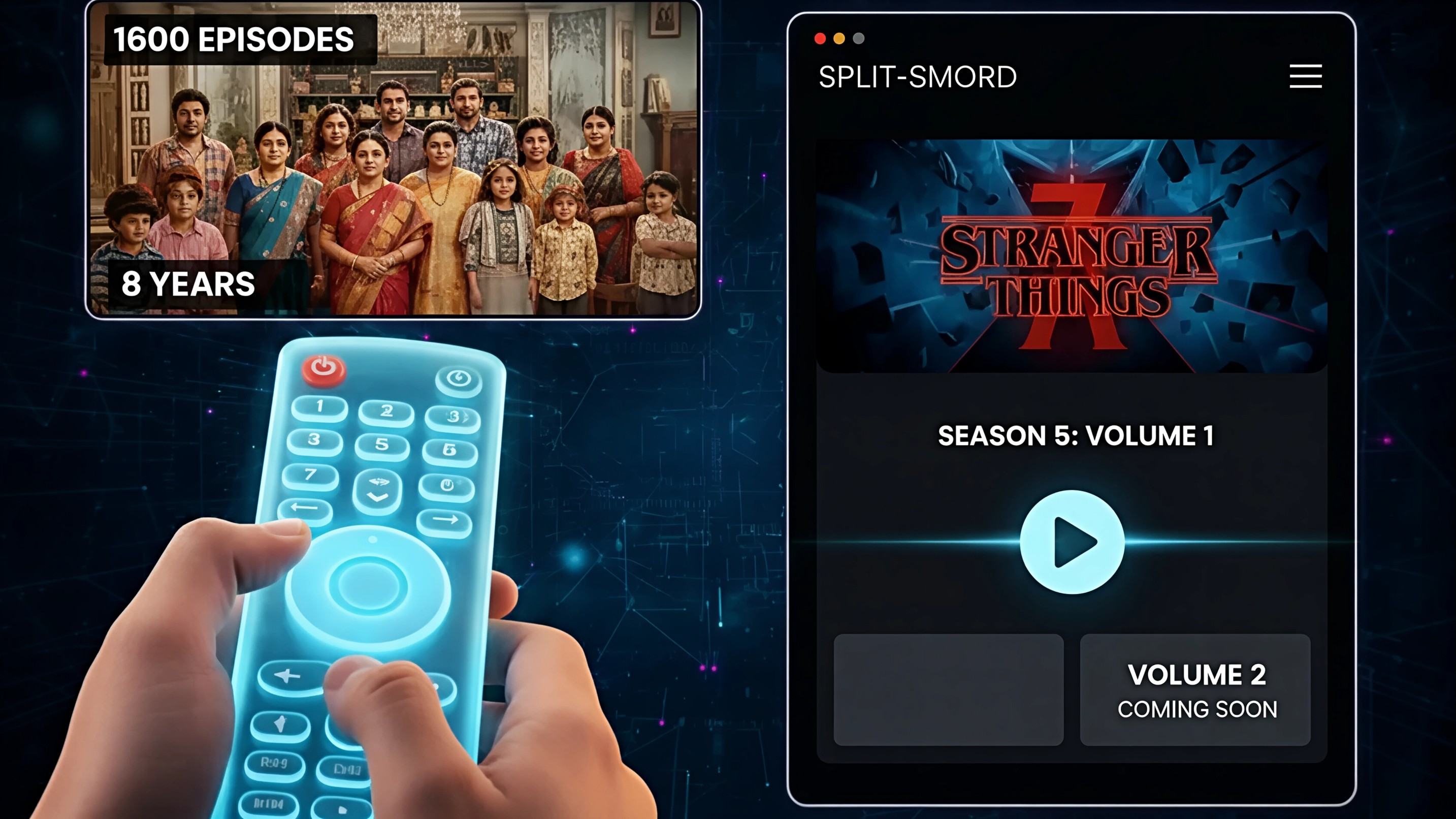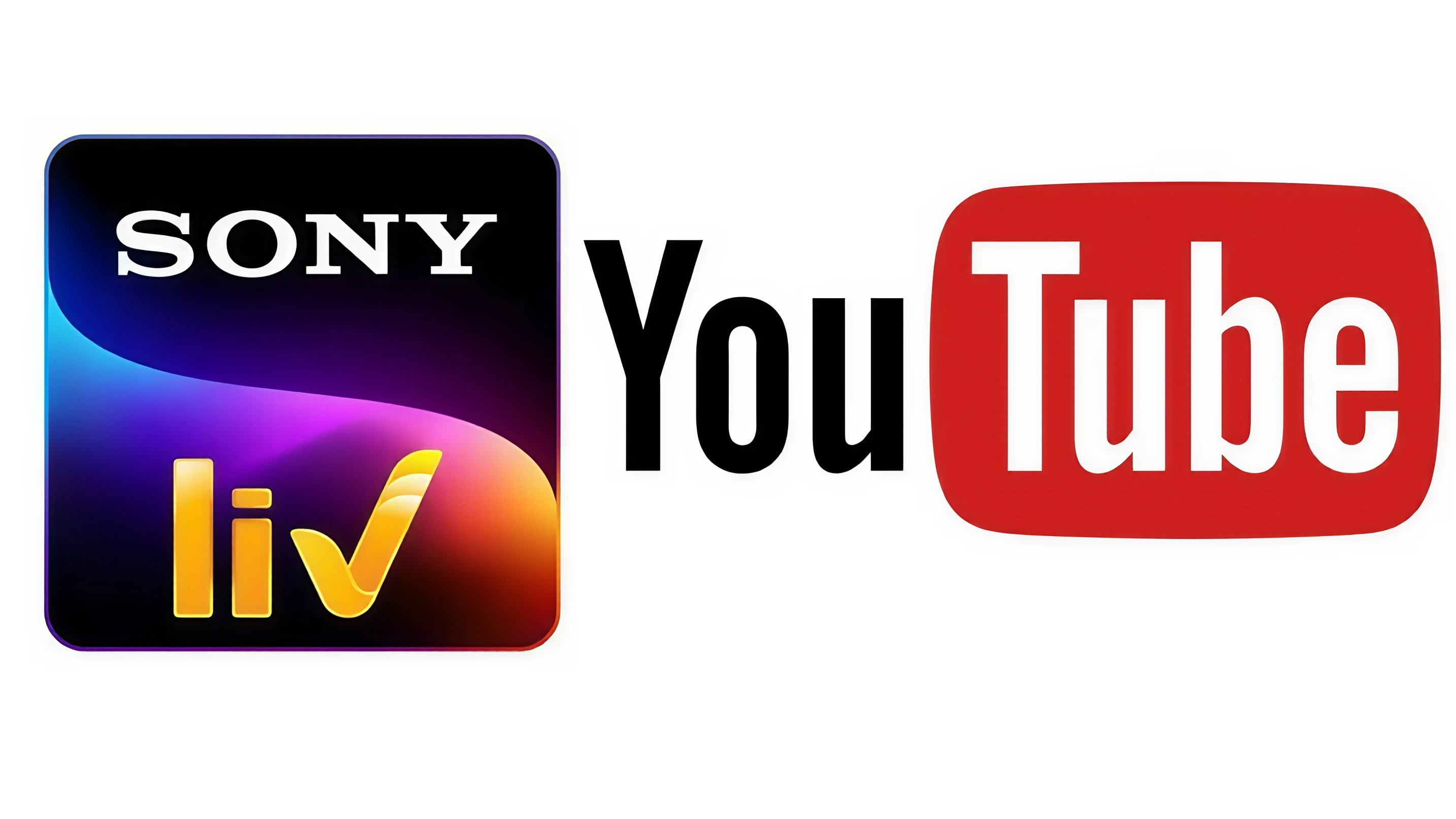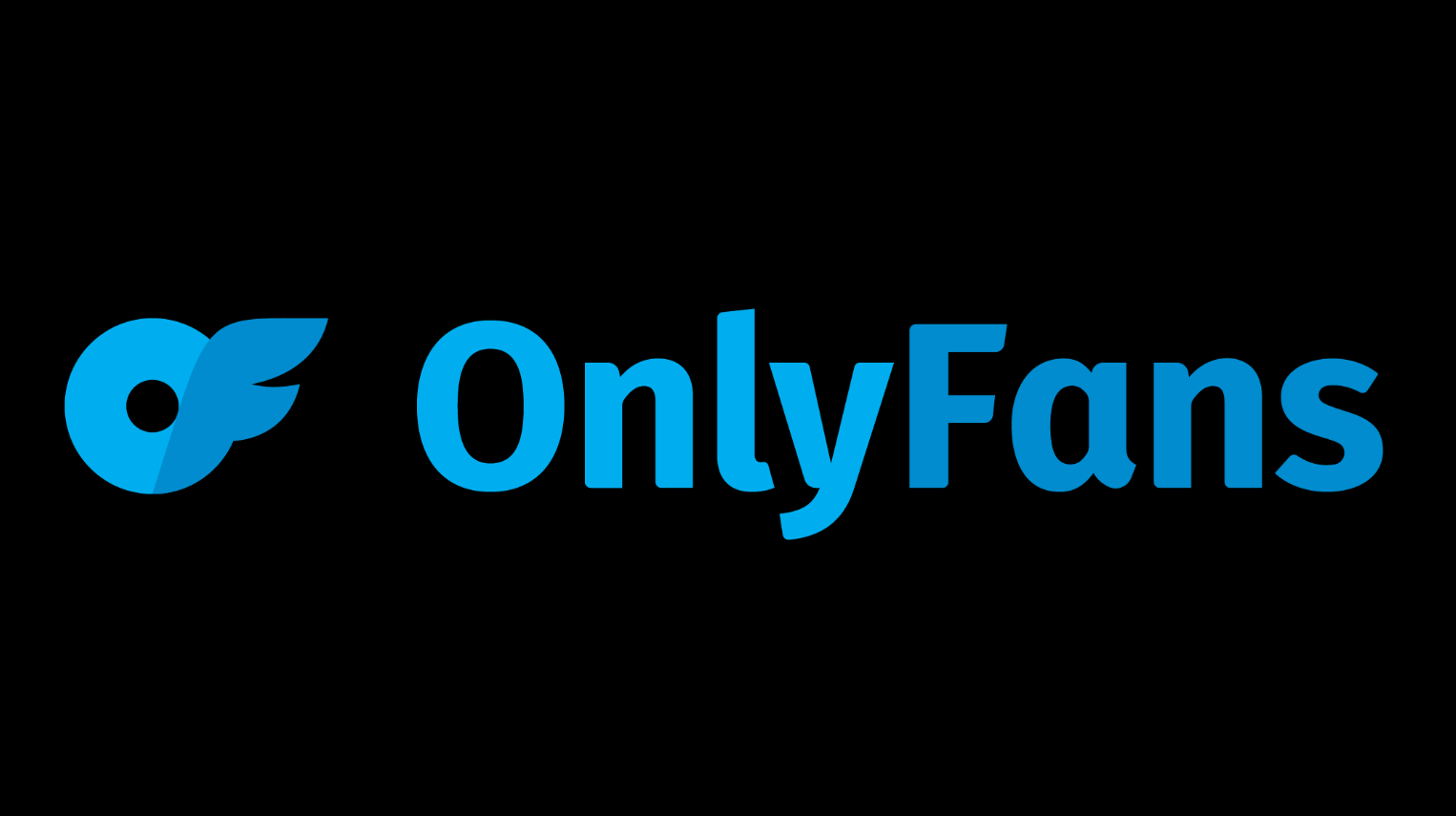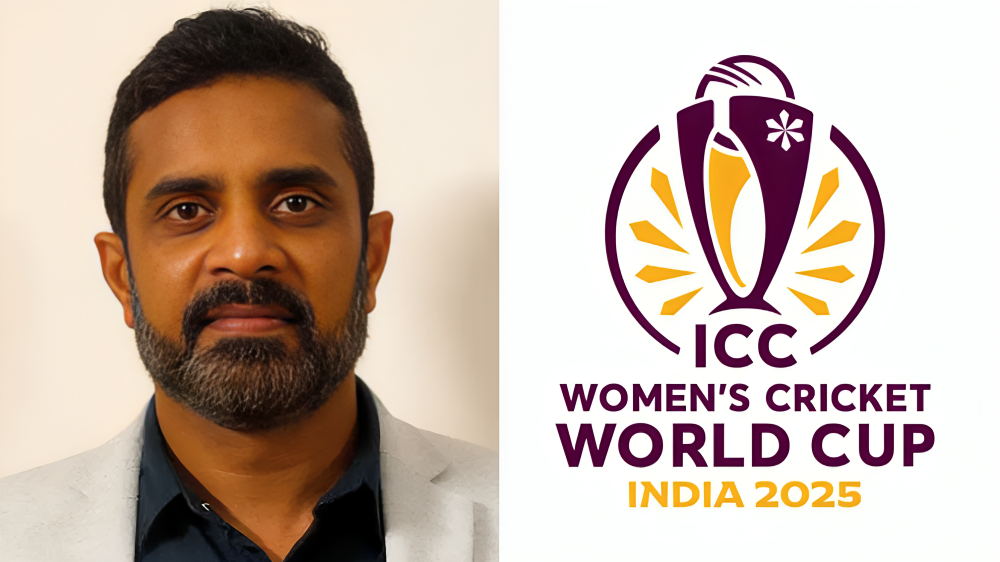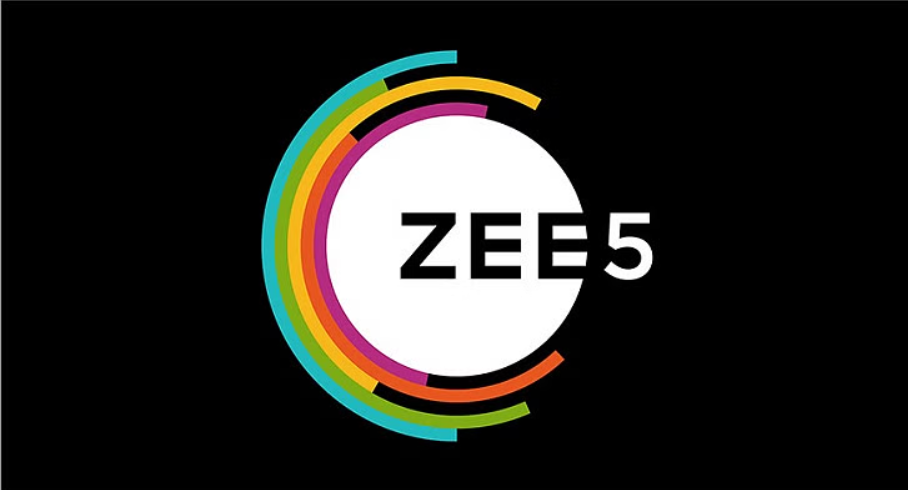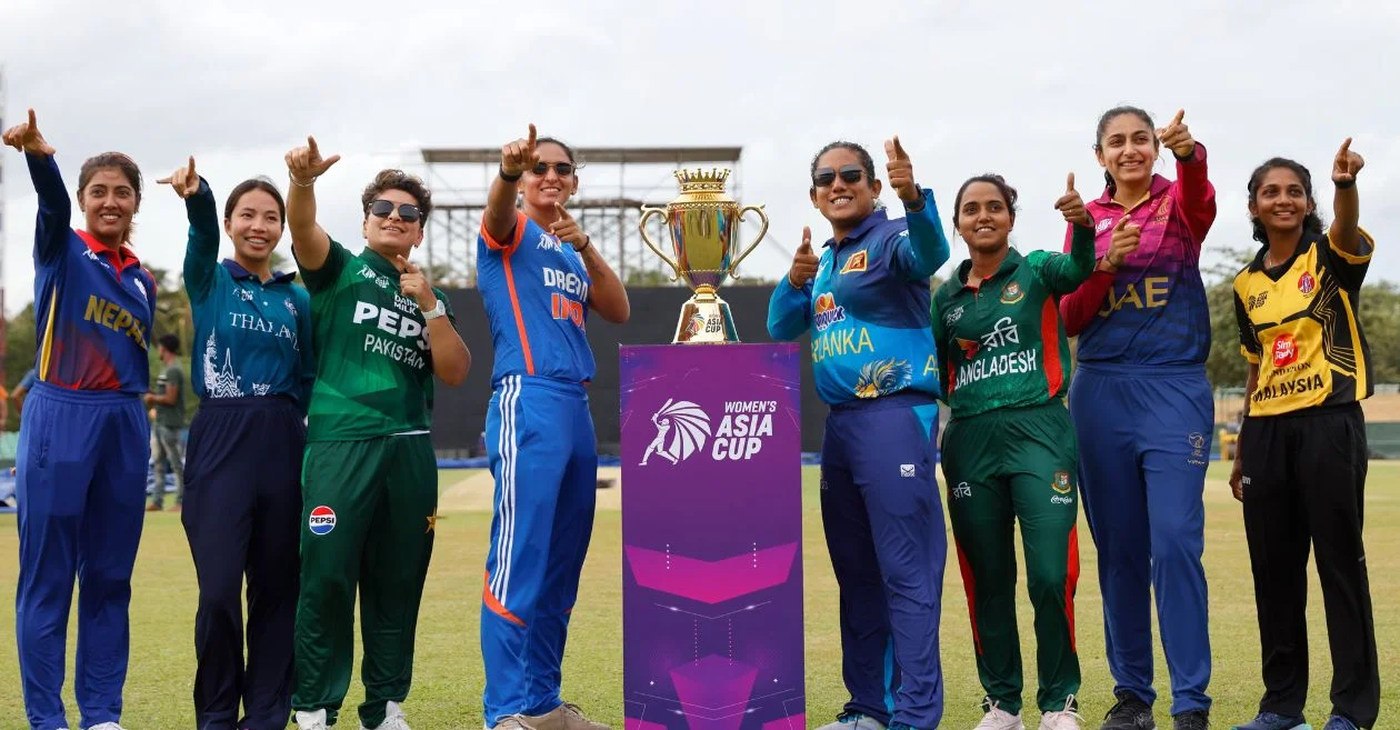The Ministry of Information and Broadcasting is set to meet industry stakeholders to discuss the proposed National Broadcast Policy (NBP) by TRAI. Broadcasters emphasize the need for a basic audit of Distribution Platform Operators (DPOs) before advancing to policy-level discussions.
Disparity in Regulation
The Cable TV industry has pushed for OTT regulation, which made it into TRAI's recommendations for the NBP. Stakeholders highlight the need to address the regulatory and pricing disparities between traditional TV and OTT platforms, arguing that regulation will ensure a level playing field and promote healthy market competition.
Industry Concerns
-
Cable TV Operators:
- Cable operators believe OTT platforms contribute significantly to cord-cutting in India, offering personalized content that leads consumers to discontinue cable connections.
- They accuse broadcasters of shifting focus to OTT platforms, undermining the cable ecosystem by selling content to OTT aggregators at lower prices.
-
Broadcasters:
- Broadcasters argue that OTT, as a sunrise sector, requires a forward-looking policy and should remain unregulated to foster growth.
- They emphasize that the infrastructure for broadcasting and OTT is distinct, necessitating specialized regulatory oversight.
Audit and Compliance Issues
According to an Indian Broadcasting and Digital Federation (IBDF) report, over 800 DPOs have not conducted mandatory audits as required by TRAI’s Interconnect Regulations. Despite efforts by regulators and broadcasters to enforce audits, compliance remains low, leading to concerns about content piracy and financial losses for broadcasters.
ADVERTISEMENT
Stakeholder Perspectives
-
Cable TV vs. OTT:
- Cable TV operates on a business-to-business-to-consumer (B2B2C) model, making it costlier due to intermediaries, whereas OTT platforms follow a business-to-consumer (B2C) model, reducing costs.
- Some stakeholders argue that OTT should remain unregulated due to its unique operational model and consumer benefits.
-
Price Parity and Market Dynamics:
- The demand for OTT regulation stems from a few stakeholders, while cable TV regulation was introduced to prevent consumer exploitation.
- The lack of audits has led to content piracy issues, with broadcasters not receiving due payments from DPOs, MSOs, or LCOs.
Conclusion
The debate on OTT regulation versus the need for a basic audit of DPOs highlights the complexities of the evolving media landscape. While cable TV operators push for regulation to ensure market fairness, broadcasters advocate for a liberal approach to support the growth of OTT as a dynamic and consumer-friendly sector.

